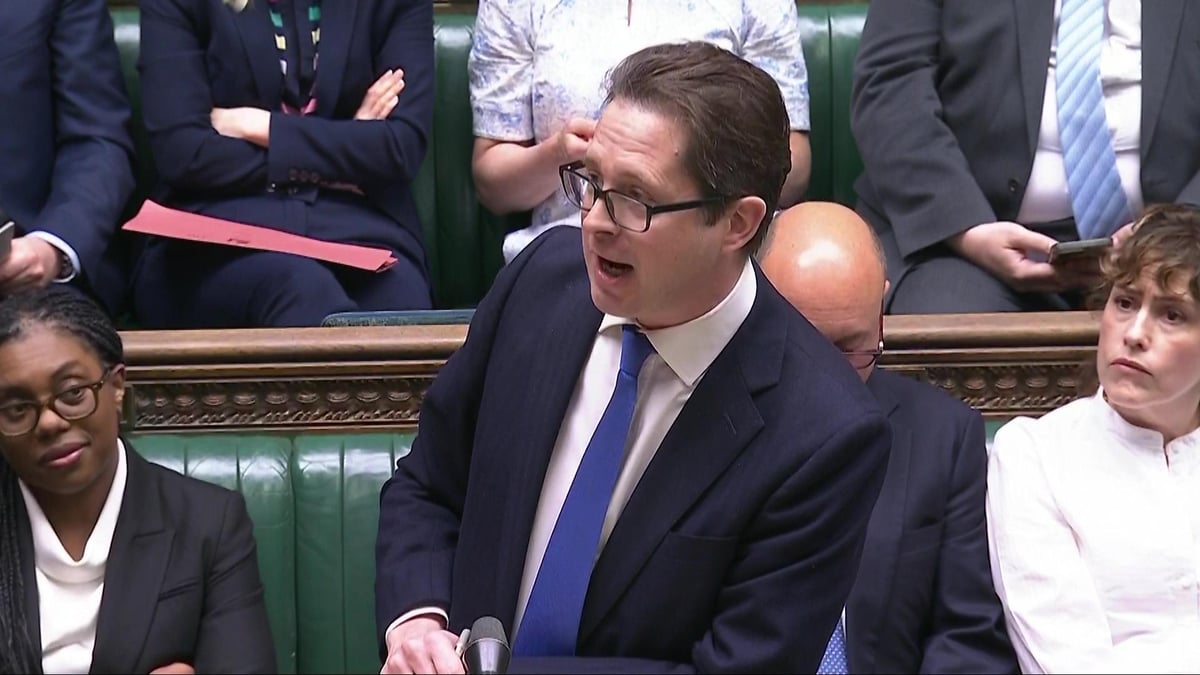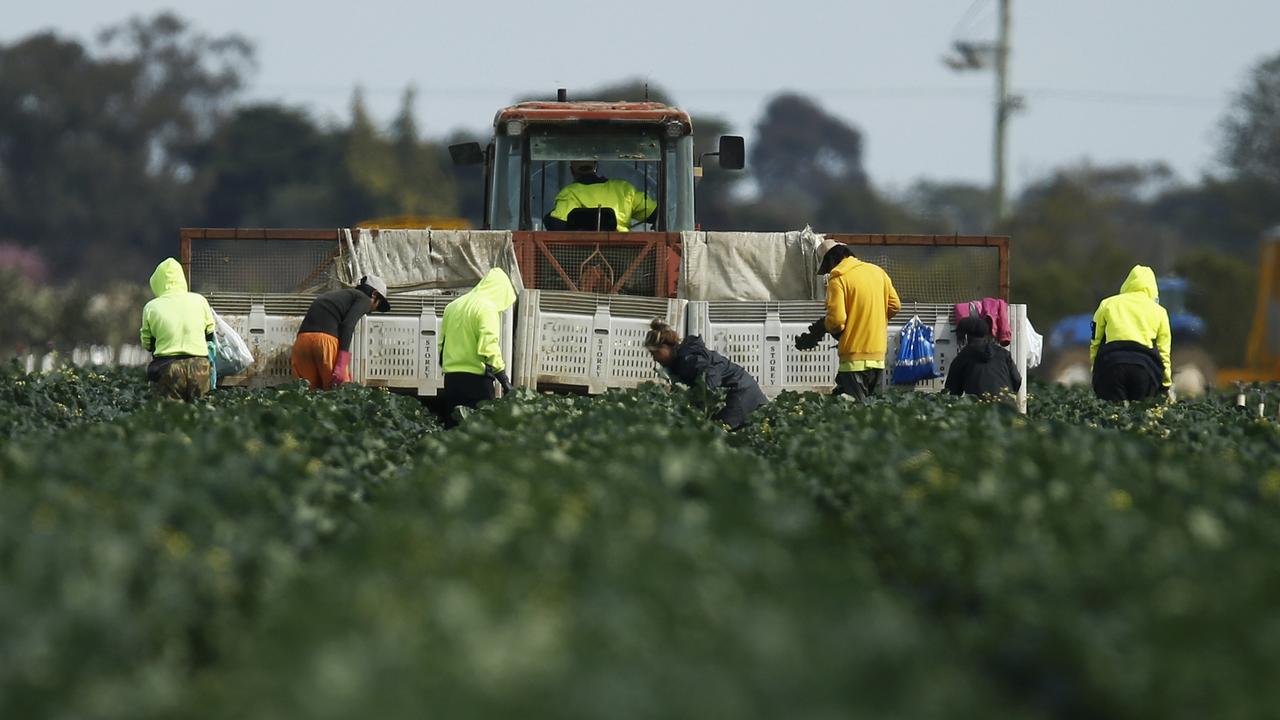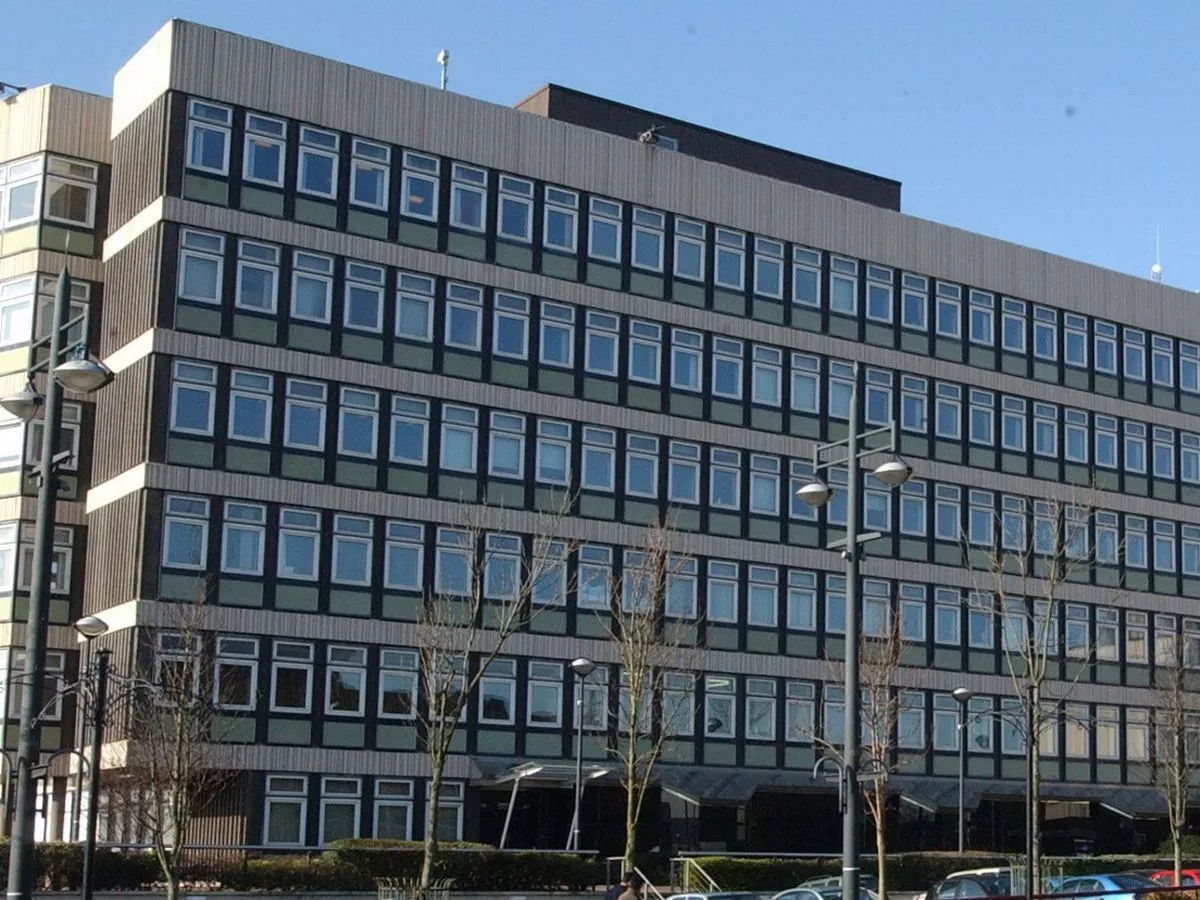‘It is a betrayal of veterans who served in Northern Ireland,’ say the Conservatives after Labour the Irish government unveil joint new legacy plan
By David Young
Copyright newsletter

They claimed that veterans “who served with honour” will be treated as suspects, while those who “waged a campaign of terror are granted fresh opportunities to recast themselves as victims”. The new legacy framework, unveiled by the UK and Irish governments on Friday, contains commitments to fundamentally reform the mechanisms established in the Tories’ 2023 Legacy Act. The Northern Ireland secretary Hilary Benn had said that protections being offered to veterans engaging with legacy processes in Northern Ireland will also be available to any other participants. Alex Burghart, the shadow Northern Ireland secretary, said: “This agreement fails our veterans. Instead of the clarity and finality provided by the last Conservative government, it drags up the past and places those who served honourably back under suspicion. “Reopening old wounds while giving terrorists another platform to rewrite history is not justice — it is a betrayal. “Our veterans deserve respect and certainty, not the constant fear of vexatious complaints decades after their service.” James Cartlidge, the shadow defence secretary, said: “The previous government’s Legacy Act meant our brave Northern Ireland veterans could sleep soundly in their beds at night, knowing they would not be prosecuted for the crime of serving their country, decades ago. “Labour’s announcement today removes that certainty and opens the floodgates to a new wave of vexatious legal action against our veterans – threatening the Army’s morale just as we face the most profound military threats since the Cold War.” Hilary Benn said the protections, such as allowing veterans to give evidence remotely without travelling to Northern Ireland, were about providing “pastoral care” to former military personnel who had served during the Troubles. The measures, published on Friday, were described as “new protections, rights and safeguards for Northern Ireland veterans”, prompting media questions as to whether former soldiers were being offered special treatment. The six measures relate to veterans’ engagement with the new Legacy Commission or existing Troubles inquests. The measures are titled as follows: • Right to stay at home. Veterans will not need to travel to Northern Ireland to give evidence as a witness to the commission or to an inquest. They will be able to do so remotely. • Protection from repeated investigations. The commission will not “needlessly duplicate” previous investigative work a veteran has already participated in. Fresh investigations will only be instigated if there are “compelling reasons to do so”. • Protection in old age. The health and wellbeing of veterans will be taken into account by Legacy Commissioners and coroners, meaning some veterans may not be called to give evidence on age grounds. • Right to seek anonymity. Veterans can request anonymity when giving evidence. • Protection from cold calling or unexpected letters. Veterans will be approached about engaging with legacy processes by the Ministry of Defence in the first instance, not directly by coroners or Legacy Commissioners. • Right for voice to be heard. Veterans’ representatives will be part of the Legacy Commission’s statutory Victims and Survivors Advisory Group to ensure their perspectives are considered. Mr Benn described the measures as “reasonable and fair provisions” for those who “put their lives on the line to serve the state”.



